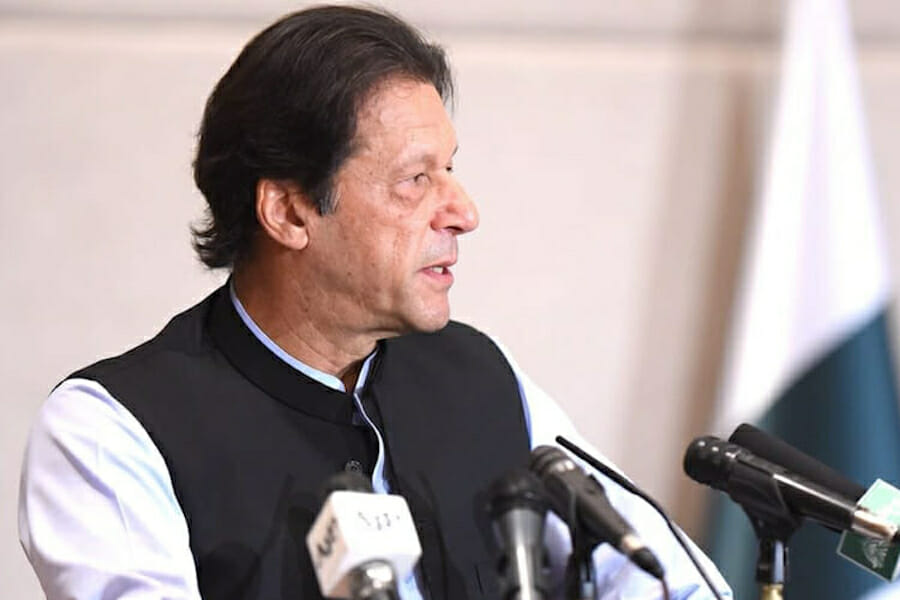
Is Pakistan a Failed, or Just a Failing State?
“But the Modern Utopia must not be static but kinetic, must shape not as a permanent state but as a hopeful stage, leading to a long ascent of stages. Nowadays we do not resist and overcome the great stream of things, but rather float upon it. We build now not citadels, but ships of state.” – H.G. Wells
These “Ships of State” or the Sovereign State as political philosophers call it, can be defined as having a permanent population, defined territory, one government, and the capacity to enter into relations with other sovereign states. It is also normally understood that a sovereign state is neither dependent on nor subjected to any other power or state. In the context of Pakistan, we must also look at the history and creation of the modern Pakistan state. Pakistan was created in 1947, after the partition of India. It initially consisted of two territories, East and West Pakistan. After the war in 1971, East Pakistan became Bangladesh and Pakistan was created. Since 1971, Pakistan has had a rough go at it.
The militarization of Pakistan can be partly attributed to the United States. Reading C. Tilly’s book, War Making and State Making as Organized Crime, can be instructive. According to Tilly, the expanding role of great powers as suppliers of arms and militaries to poor countries has led to the growing importance of military rule in those same countries.
This theory of Tilly, if applied to Pakistan, explains why U.S. involvement in leading to the supposed “failure” of Pakistan is so important. The theory of the impact of American policy on Pakistan is also backed by the beliefs of Noam Chomsky. Chomsky, who is a fierce critic of U.S. foreign policy, has pointed out, in various interviews that the Pakistani alliance with the U.S. “has been quite harmful throughout its history.” “The U.S. has tried to convert Pakistan into its highly militarised ally and has supported its military dictatorship. The Reagan administration strongly supported the Zia-ul-Haq tyranny, which had a very harmful effect on Pakistan.”
The definition of a failed state is a political body that has disintegrated to a point where the basic conditions and responsibilities of a sovereign government no longer function properly. Likewise, when a nation weakens and its standard of living declines, it introduces the possibility of governmental collapse. If contrasted with the situation in Pakistan, on the most superficial level, one can declare that Pakistan is a failed state. But if we were to look at the state with a more microscopic lense, we realize that though the state machinery is flawed, it is not yet disintegrated. Though there have been coup after coup by the military, which is extremely strong due to the initial militarization by the United States, the democratic nature of the state is slowly, if not surely, coming back.
The problem, therefore, lies in the political and civilian institutions that lack capacity and competence. While the military takes the blame for this, civilian institutions always legitimize the coups. The Pakistani Supreme Court validates the coup and the dictators’ orders. Those jurists who uphold their commitment to the Constitution are replaced with compliant judicial lackeys. The military leader invariably assembles a “King’s Party,” by co-opting the most self-serving politicians who put personal power over principle. Finally, they are elected in flawed contests which produces a weak parliament which rubber stamps the diktats of the military leader.
Since 2011, however, especially after the court case between “the Supreme Court and then President and General Pervez Musharraf over the dubious privatization of state assets at below-market prices to favored individuals and the court’s insistence that the government produce ‘missing persons’ captured or detained in the war on terror, the Supreme Court is no longer supine and has become an activist institution.” This shows positive growth in the democratic nature of the State.
The instability has resulted in the alternation of the civilians and the military for the last 70 years, with a new regime every 10 years. A kind of equilibrium is now being created to accommodate the slow democratisation of the state – democratically-elected prime ministers, the Parliament, the State Assemblies, the Supreme Court, the Electoral Commission, and so forth are trying to stop the military interventions in the workings of the state from occurring. Despite the fact that these institutions are there, the centre of gravity or the core shifts is still shifting towards other institutions, such as the Apex Committees. At the national level, civilians are not governing the Apex Committees alone. There is a parallel power structure where military intervention have to be accommodated in the guise of the Chief of Army Staff. Despite these problems, change is being seen. An example of this would be the election of former Pakistani cricketer Imran Khan as the new Prime Minister of Pakistan.
Although not a failed state, Pakistan has glaring flaws, a sagging economy, chronic political instability, a rising threat of fundamentalism and growing physical insecurity with the country awash with weapons left over from the Afghan war. Hence, it is better to state that Pakistan is a “failing” rather than a failed state.
